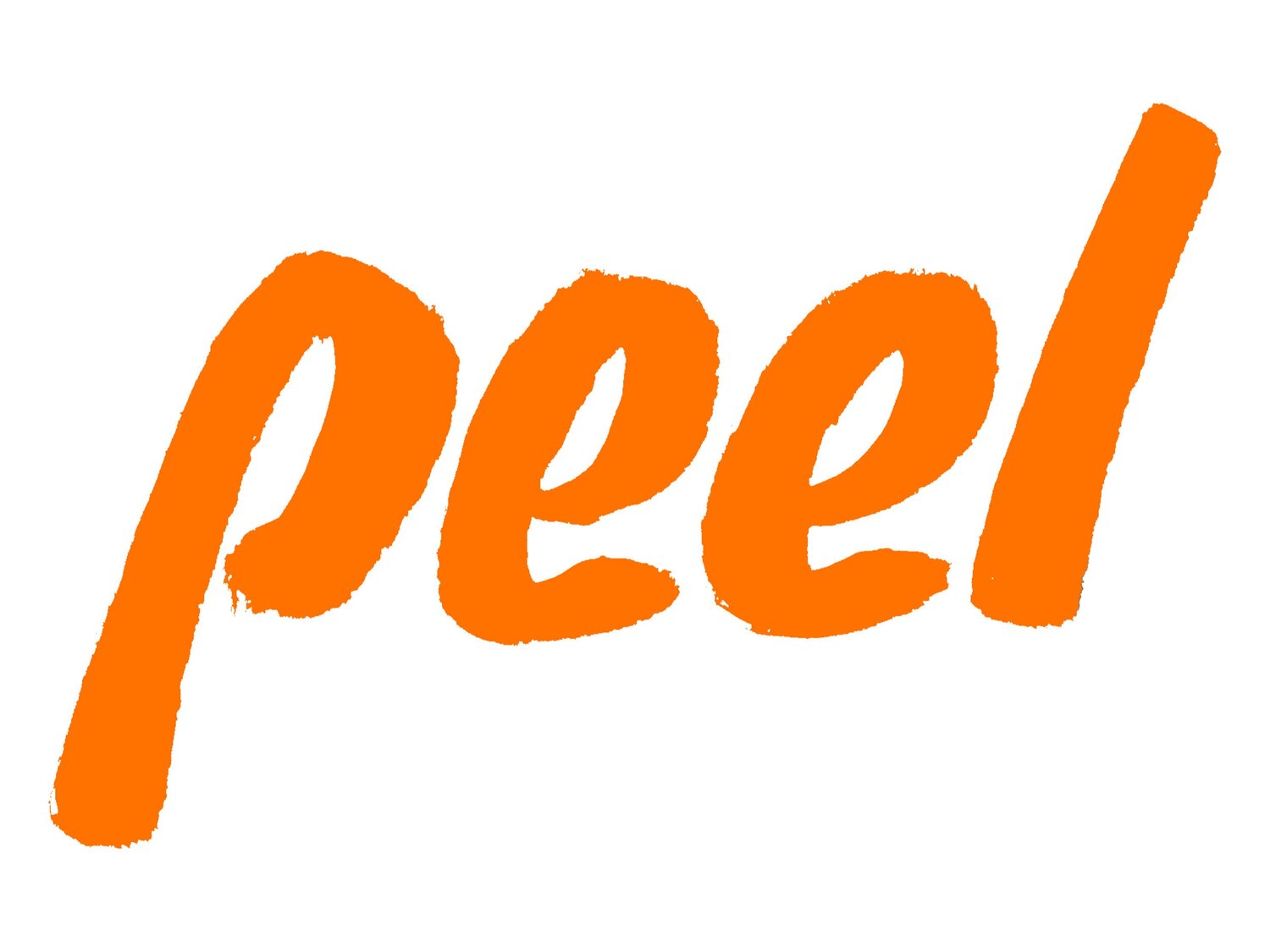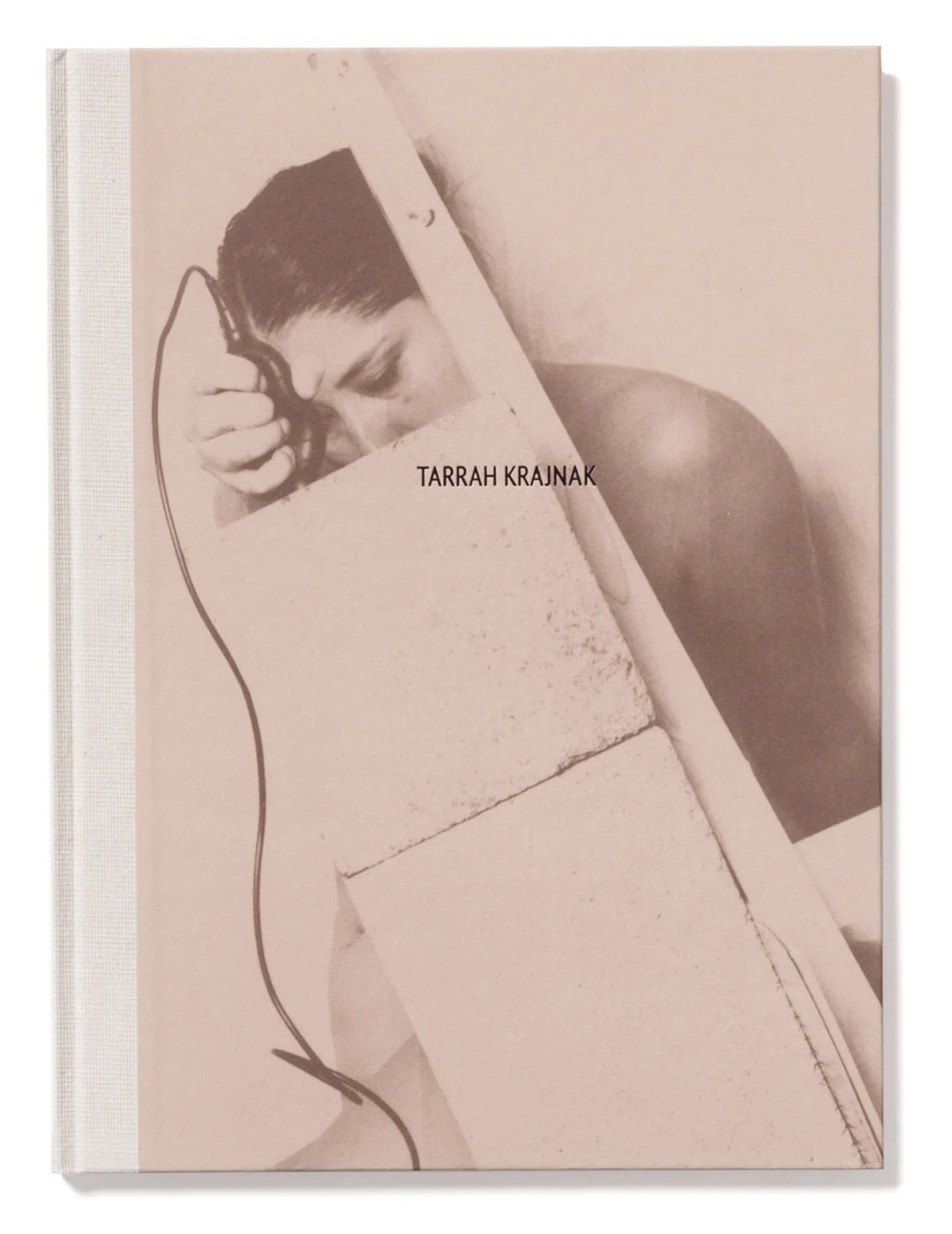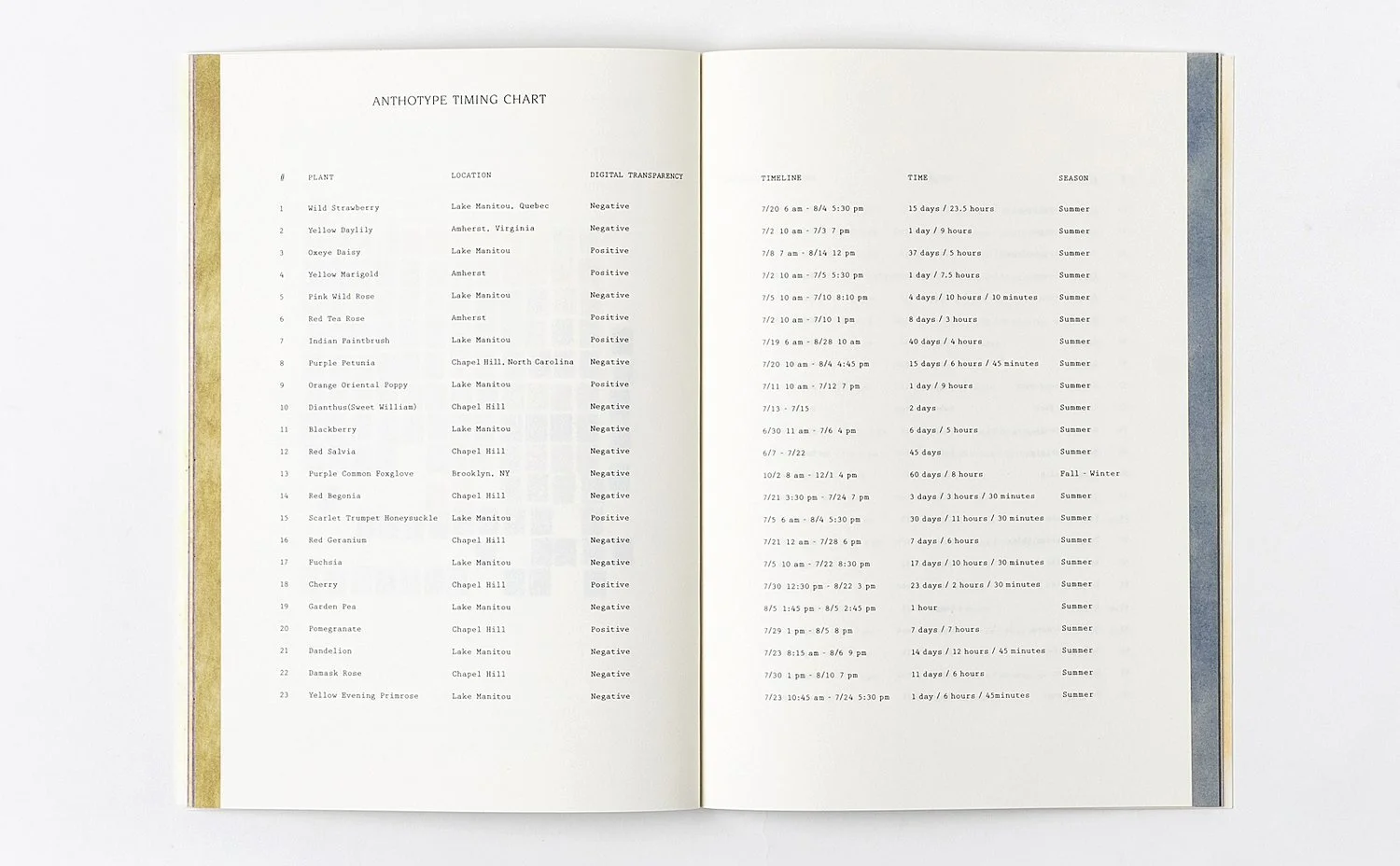Phil Frost
from the publisher: “Part of a whole gang of street artists--from Barry McGee to Swoon--who have broken into the art world in the last decade or so, Phil Frost's signature style is a funky tribalism--Hawaii by way of New York City--infused with a quirky sense of art history and design. In the 1990s, Frost honed his skills by painting walls, found objects and street detritus with his intricate, compulsive and highly evolved form of tagging. Frost's gallery exhibitions are crowded affairs, filled with wildly patterned totemic objects and baseball bats while the walls are stacked with colorful mixed media paintings. He crafts his painstaking paintings by collaging layers of found imagery on grounds of symmetrical black-and-white patterning, which he paints with correction fluid, and that often morph into language-like glyphs or symbols. Frost states, "I believe [my work] is indigenous to myself. I believe that within every person there is an indigenous expression of themselves." Including an essay by New York journalist Carlo McCormick and notorious lowbrow artist Pushead, this is Frost's first monograph, and an invaluable introduction to the evolution of his style.”
162 pages
published by Damiani
2008
hardcover
from the publisher: “Part of a whole gang of street artists--from Barry McGee to Swoon--who have broken into the art world in the last decade or so, Phil Frost's signature style is a funky tribalism--Hawaii by way of New York City--infused with a quirky sense of art history and design. In the 1990s, Frost honed his skills by painting walls, found objects and street detritus with his intricate, compulsive and highly evolved form of tagging. Frost's gallery exhibitions are crowded affairs, filled with wildly patterned totemic objects and baseball bats while the walls are stacked with colorful mixed media paintings. He crafts his painstaking paintings by collaging layers of found imagery on grounds of symmetrical black-and-white patterning, which he paints with correction fluid, and that often morph into language-like glyphs or symbols. Frost states, "I believe [my work] is indigenous to myself. I believe that within every person there is an indigenous expression of themselves." Including an essay by New York journalist Carlo McCormick and notorious lowbrow artist Pushead, this is Frost's first monograph, and an invaluable introduction to the evolution of his style.”
162 pages
published by Damiani
2008
hardcover
from the publisher: “Part of a whole gang of street artists--from Barry McGee to Swoon--who have broken into the art world in the last decade or so, Phil Frost's signature style is a funky tribalism--Hawaii by way of New York City--infused with a quirky sense of art history and design. In the 1990s, Frost honed his skills by painting walls, found objects and street detritus with his intricate, compulsive and highly evolved form of tagging. Frost's gallery exhibitions are crowded affairs, filled with wildly patterned totemic objects and baseball bats while the walls are stacked with colorful mixed media paintings. He crafts his painstaking paintings by collaging layers of found imagery on grounds of symmetrical black-and-white patterning, which he paints with correction fluid, and that often morph into language-like glyphs or symbols. Frost states, "I believe [my work] is indigenous to myself. I believe that within every person there is an indigenous expression of themselves." Including an essay by New York journalist Carlo McCormick and notorious lowbrow artist Pushead, this is Frost's first monograph, and an invaluable introduction to the evolution of his style.”
162 pages
published by Damiani
2008
hardcover














